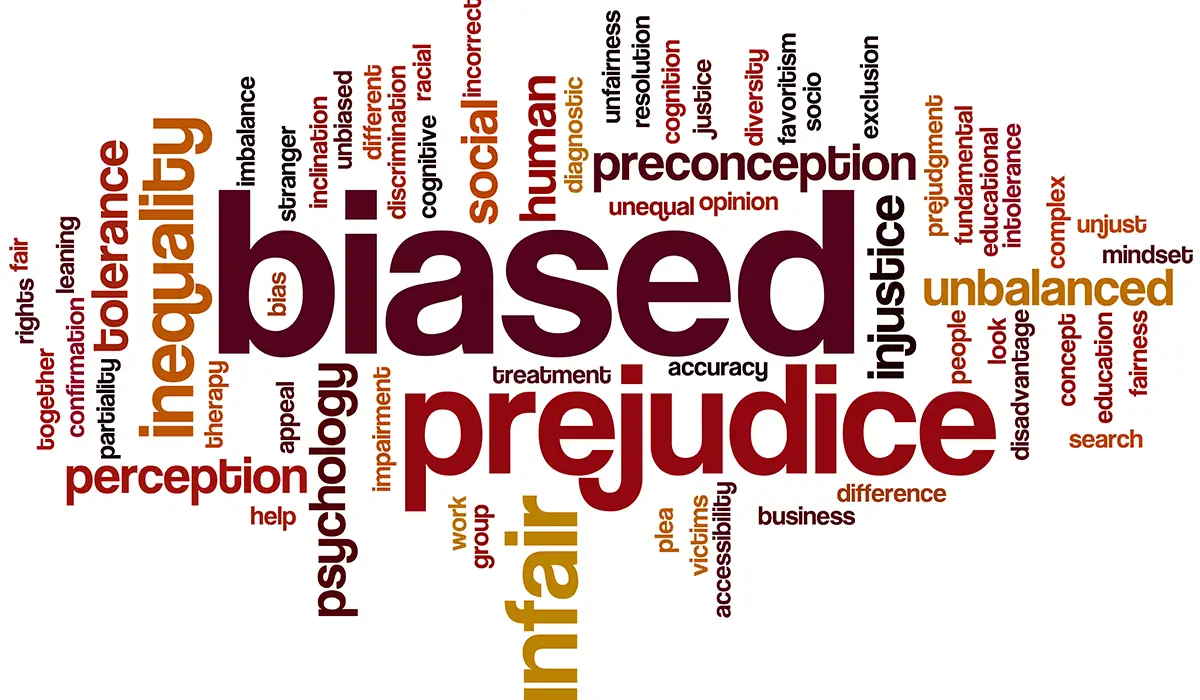Will Google Sell Your Dreams? Exploring The Privacy Implications Of Gemini’s Personalization

Google’s Gemini is a powerful AI-powered personalization engine that aims to enhance user experiences across Google products by offering tailored recommendations and search results. While Gemini has the potential to improve convenience and relevance, it also raises significant privacy concerns.

Data Collection and Analysis
Gemini collects vast amounts of data from various sources, including your search history, browsing behavior, app usage, and location. It analyzes this data to create a comprehensive profile of your interests, preferences, and habits. While some personal data is necessary for personalization, the extent to which Gemini collects and analyzes data raises concerns about overreach and potential misuse.
Privacy Risks
The main privacy risk associated with Gemini is the potential for data misuse. If the data collected by Gemini falls into the wrong hands, it could be used for targeted advertising, surveillance, or even identity theft. Additionally, the algorithms used to process and analyze the data may introduce biases or algorithmic discrimination, which could limit user opportunities or access to information.
Consent and Transparency
Google claims that Gemini operates with user consent. However, it is important to note that this consent is often given implicitly through acceptance of Google’s terms of service. Users should be fully informed about the data being collected and how it will be used before they consent to personalization. Moreover, Google should provide transparent and accessible explanations of how Gemini’s algorithms work to mitigate concerns about bias and discrimination.
Responsible Use
To minimize privacy risks associated with Gemini, Google must prioritize responsible data handling practices. This includes implementing robust data security measures, limiting data retention periods, and providing users with clear and comprehensible privacy policies. Furthermore, Google should work closely with privacy regulators and experts to ensure compliance with data protection laws and regulations.
Conclusion
Gemini’s personalization capabilities have the potential to greatly enhance user experiences. However, the privacy implications must be carefully considered. Google has a responsibility to ensure that Gemini is used in a responsible and ethical manner that respects the privacy and security of its users. By implementing stringent data protection measures, providing clear consent mechanisms, and working with privacy experts, Google can mitigate the risks associated with Gemini and build a truly user-centric personalization engine.











